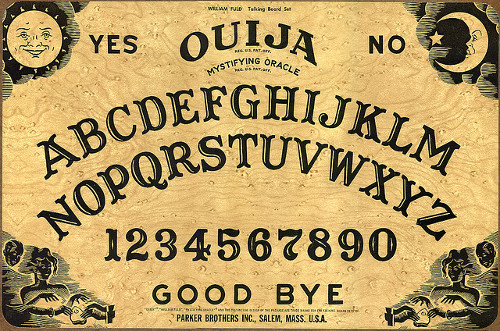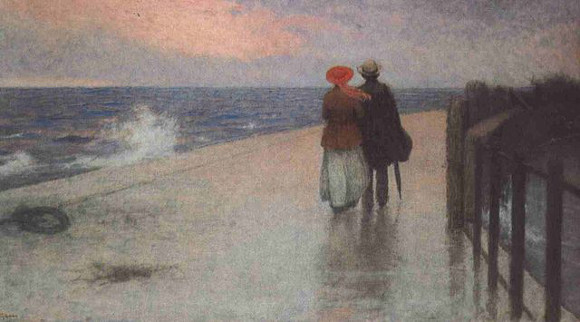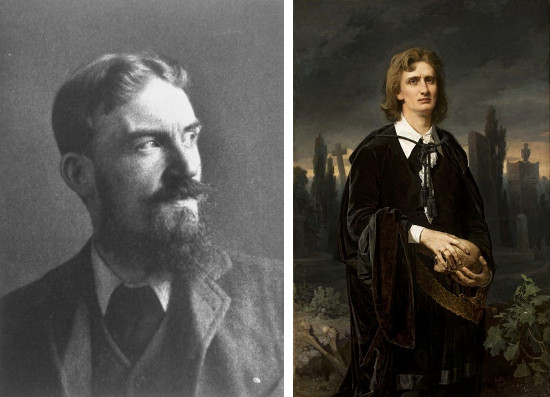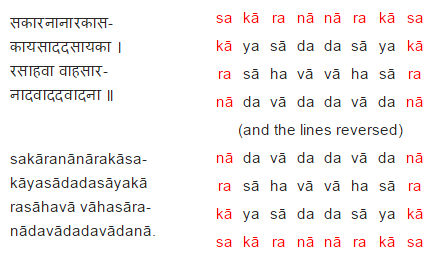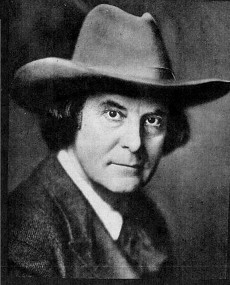
conticent
adj. keeping silence, silent
As a joke, Elbert Hubbard published an “Essay on Silence” that consisted of 12 blank pages, bound in brown suede and stamped with gold. It was advertised with these testimonials:
“Your elaborate work on ‘Silence’ received, and perused this day. The depth of your argument is perceptible from the start. The continued logic is convincing to the end, and makes its impression on the attentive mind. It is singular how much can be said in a limited space. You are certainly master of our language.” — G.E.Nelson
“Kindly accept my heartiest thanks for your little volume on ‘Silence.’ The subject is treated so exhaustively, and in such a quaintly original manner, that it is beyond the pale of criticism.” — Alex L. Pach
“Your valuable ‘Essay on Silence’ is a masterpiece, for it appeals to one in purity, like a cloudless sky. The language is grand as the voice of God; the story it tells is as deep in its meaning as that which is written on the pages of the book of Nature.” — Albert J. Atkins
“Your ‘Essay on Silence’ is all that the bills promised, and could not be more to the point. Thirty cents is exactly the right price.” — Alice L. LeCouver
“It is with great pleasure that I have looked into your ‘Essay on Silence.’ There is nothing in it to prevent its becoming a classic. No word has been wasted, and there is not one line that can be misunderstood. In the perusal of many writings, we realize that the same thought has been framed in our own minds without having been given an utterance; and so it is that this last work of yours has found me most sympathetic and appreciative, for in turning over your pages I am struck frequently with resemblances to my own mental condition. Your little book is simple, direct and convincing. I am reminded, in putting it down, of a certain passage in the biblical story, in which it is set forth that from nothing God made heaven and earth and all that therein is, consequently it is not surprising that you in this case have done so well.” — George W. Stevens

